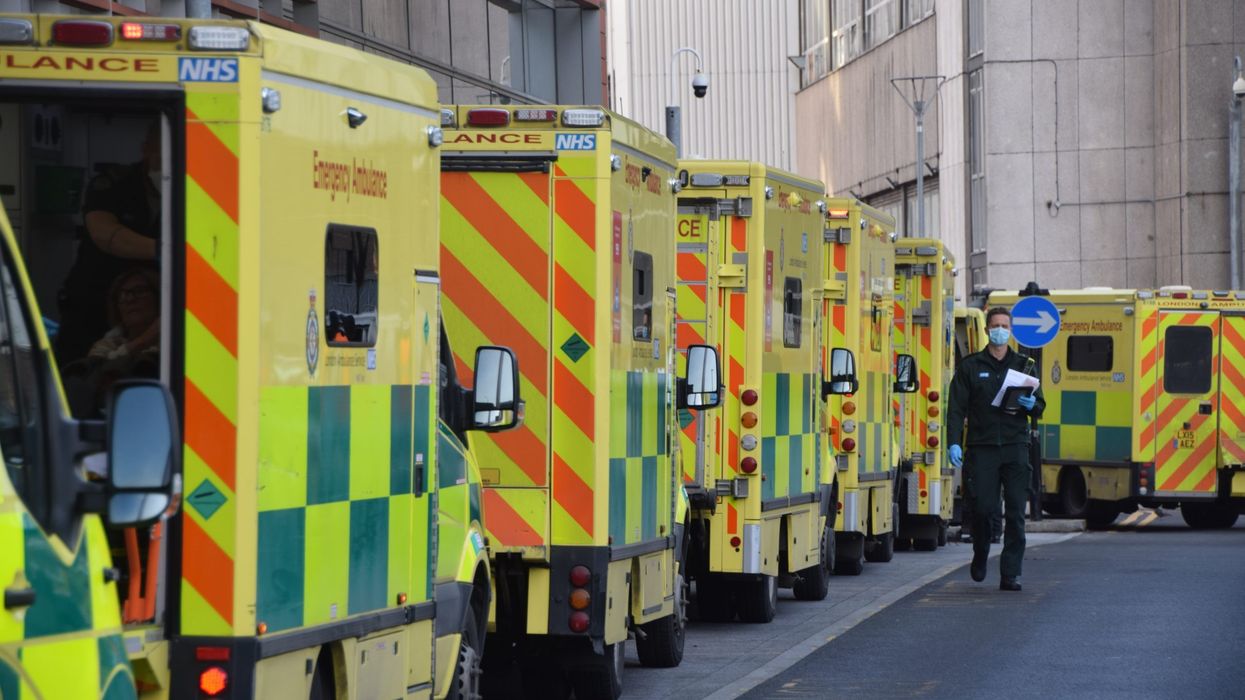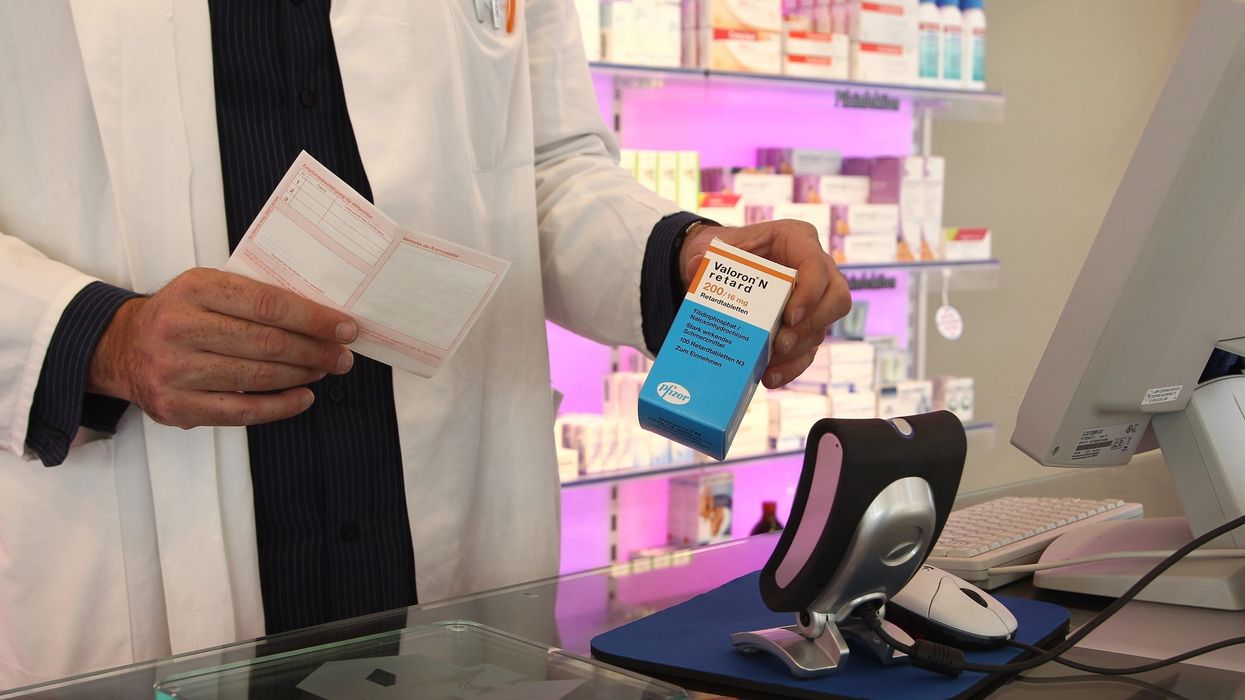The government has allowed double vaccinated frontline NHS and social care staff in England who have been asked to self-isolate to attend work in exceptional circumstances and replaced by testing mitigations from Monday (July 19).
This measure is being introduced to alleviate pressure on NHS and social care services and will be contingent on staff members only working after having a negative PCR test and also taking daily negative lateral flow tests for a minimum of seven days, and up to 10 days or completion of the identified self-isolation period.
The government is clear the change applies only to frontline NHS and social care staff where their absence may lead to a significant risk of harm.
The decision to allow NHS and social care staff to attend work will be taken only after a risk assessment by the organisation’s management.
This must be authorised by the organisation’s local Director of Infection Prevention and Control, the lead professional for health protection, or the Director of Public Health relevant to the organisation.
Health Secretary Sajid Javid said, "As we learn to live with this virus, it’s important that we ensure frontline staff can keep providing the best possible care and support to people up and down the country.
"Staff who are permitted to attend work will remain under a legal duty to self-isolate as a close contact when not at work, but will be considered to have a ‘reasonable excuse’ under the Self-Isolation regulations to leave self-isolation to attend work where their absence could result in harm. They will continue to receive self-isolation reminders."
UK Health Security Agency chief executive, Jenny Harries, said, "With the number of cases continuing to rise, it is imperative that we do everything we can to manage this virus and support our NHS and social care services under the strain of increased demand and sustained pressure."
We have provided specific guidance to NHS and social care settings for circumstances where there is a significant risk to health or safety resulting from staff absence or a critical service cannot run.
This measure only applies to double vaccinated staff, who will only be able to attend work after testing negative on PCR and daily lateral flow tests, and following a risk assessment and the supervision of the health service.
In order to mitigate the increased risk associated with attending work, the following mitigations must be implemented:
The staff member should be fully vaccinated, defined as having received both doses of an MHRA approved vaccination, with 14 days having elapsed since the final dose.
The staff member should undertake a PCR test and should self-isolate until they receive the result. They should only attend work if this result is negative.
They should undertake daily LFD tests prior to starting work each day. Test results should be reported to NHS Test and Trace via the web portal and to their duty manager. Any staff member who has a positive LFD test during this period should not attend work and should arrange a PCR test as soon as possible.
If the staff member develops any COVID symptoms, they should stay at home and immediately arrange a PCR test.
Staff working during this 10-day period should comply with all relevant infection control precautions and PPE should be properly worn throughout the day. Any breaches should be reported immediately to their line manager.
The staff member should not work with clinically extremely vulnerable patients or residents, as determined by the organisation.











